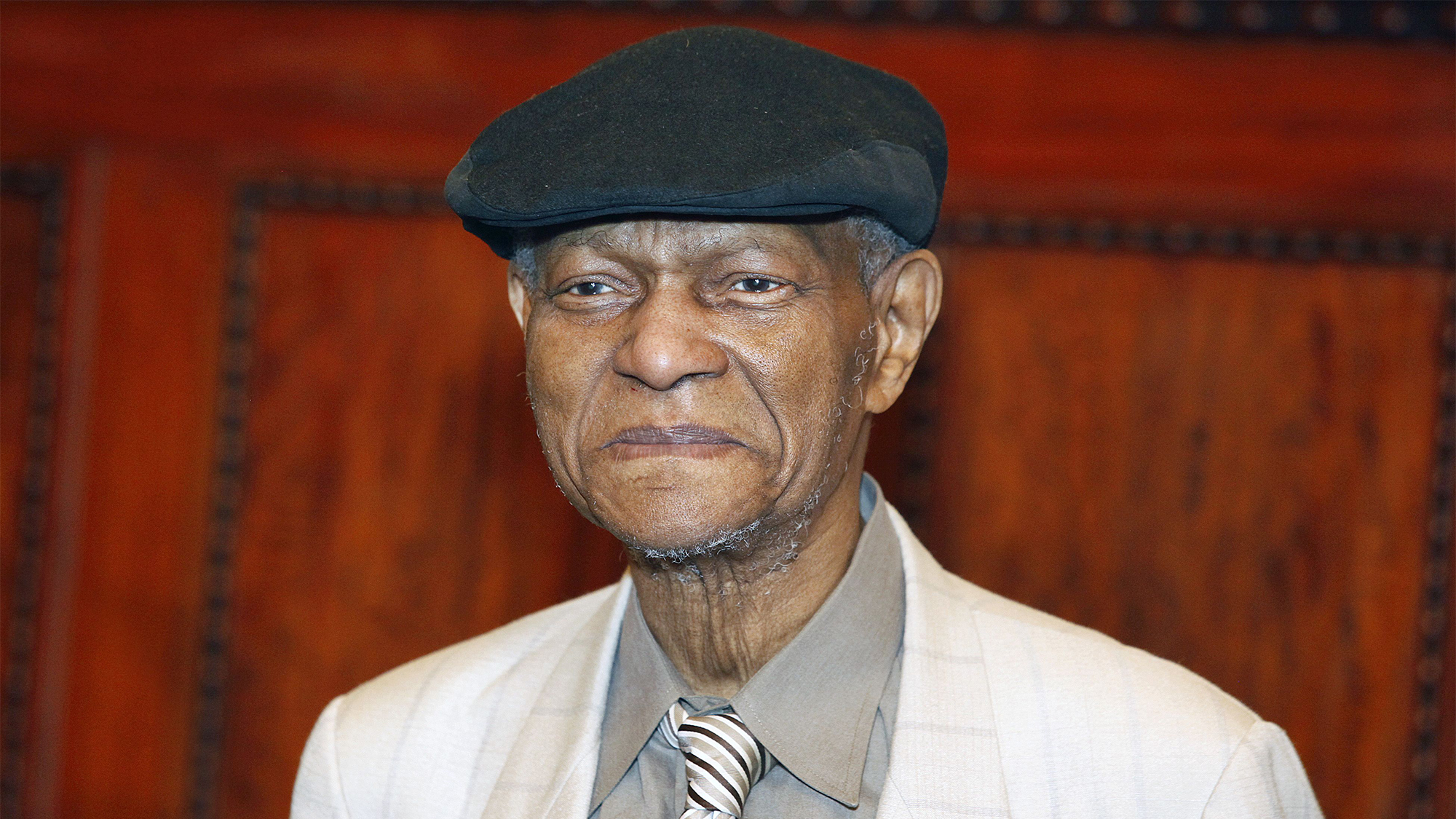McCoy Tyner, Jazz Piano Legend, Dies at 81
By A.D. Amorosi
LOS ANGELES (Variety.com) – McCoy Tyner, the legendary jazz pianist who played with John Coltrane and went on to a long solo career, has died at 81.
His Facebook page announced his death.
A Philadelphia native, Tyner began studying piano at age 13. He was only 21 years old when he was recruited by Coltrane, after a short stint in Benny Golson and Art Farmer’s Jazztet, to join his nascent quartet. Over the next few years, Tyner’s thunderous sound became a signature element on several of Coltrane’s greatest works – some of which, like 1961’s “My Favorite Things” and 1964’s “A Love Supreme,” are among the most influential jazz albums ever released – alongside drummer Elvin Jones and bassist Jimmy Garrison. He was the quartet’s last surviving member.
After leaving Coltrane’s band in 1965, Tyner released a number of records as a bandleader, largely for Blue Note (most notably 1968’s “Expansions”). But it wasn’t until the early 1970s, after signing a record deal with the Milestone label, that Tyner began to forge his own distinct legacy. “Sahara,” released in 1972, saw Tyner (here playing flute and Japanese koto as well as the piano) attain considerable commercial success, as well as collecting his first Grammy nominations. A live set from the following year, “Enlightenment,” and 1974’s “Atlantis” further cemented his reputation as one of the decade’s most esteemed and forward-thinking jazz musicians. Later albums such as “Fly With the Wind” incorporated fusion elements with musicians including drummer Billy Cobham and flautist Hubert Laws.
Maintaining a tireless recording pace for the next several decades, Tyner would reunite with Jones in the 1980s, and he frequently paid tribute to Coltrane, most notably on 1987’s Grammy winning “Blues for Coltrane.” He won five Grammy Awards, out of 12 total nominations, and was awarded an honorary doctorate from the Berklee College of Music in 2005.
If there was anything that could ‘define’ the Tyner sound beyond that of the thunderous, it was a wondrously cool sense of distingue melody, a lustrously rich tone, a sensuous but serious lyricism when it came to improvisation, and a knack for athletic, yet odd rhythmic punctuation. He was steady without being stodgy, modest and minimalistic while remaining adventurous, and always driven by the theatricality of a left-hand that cut into the first beat of the bar as if he was slicing rice paper with an axe. Along with all of that, Tyner allowed for the music’s organic space and rests to be a guiding force in his playing. On more than one occasion, Tyner was known for saying that what he didn’t play was as crucial to his song’s story as what he did play.
To these very points, Coltrane was famed for saying, during a 1961 interview, “My current pianist, McCoy Tyner, holds down the harmonies, and that allows me to forget them. He’s sort of the one who gives me wings and lets me take off from the ground from time to time.”
The two musicians, however, could ground each other at a moment’s notice — or one could take flight — as each relied on similar melodic phrasings and chordal structures to bolster their sense of freedom.
Tyner’s diverse and dramatic sensibilities came from his North Carolina-born parents’ (Jarvis and Beatrice Tyner) roots in the church, and a continued sense of spirituality that carried through to the sound of the pianist’s dotage (Tyner became a Muslim at age 18, despite being raised in a Christian household).
Along with learning classical music and music theory at Philadelphia’s Granoff School of Music, and studying conga with percussionist Garvin Masseaux in his teens, Tyner played deep raw blues and swinging rhythm and blues with a party band that played nightly gigs along the East Coast. It was in that scene where Tyner met Coltrane. In 1957, the two met at a dive jazz club in Philly, the Red Rooster, during the period where the saxophonist was playing in Miles Davis’s quintet in New York City.
Though Coltrane recorded Tyner’s stoic tune “The Believer,” in 1958 around the time that the pianist started playing in saxophonist Benny Golson’s hard bop Jazztet, it wasn’t until 1960 when Tyner became part of Coltrane’s Quartet, recording such Atlantic label classics as “My Favorite Things,” “Coltrane Jazz,” “Coltrane’s Sound” and “Coltrane Plays the Blues.”
For all of the influence and legend created by Tyner during his tenure with Coltrane, it is notable that the pianist furthered his saga by playing sideman to a Murderer’s Row of jazz greats such as saxophonist Wayne Shorter (on “Juju”), guitarist Grant Green (on “Matador”) and more. His spare, heartfelt 1963 collaboration with Coltrane and bass vocalist Johnny Hartman (“ and Johnny Hartman”) would be considered a noir epic.
Tyner did all of this, while crafting a surprisingly muscular, agile solo career that, though rocky at first, yielded delicate classics that toyed with jazz form and instrumentation such as the aforementioned “Sahara,” released in 1972, his big band’s debut recording “Uptown/Downtown” (1989), the caliente “McCoy Tyner & the Latin All-Stars” (1999), and 2007’s boldly youthful look at his Coltrane canon with 2007’s “McCoy Tyner Quartet.”
Along with his five Grammys, Tyner’s accolades include the National Endowment of the Arts’ Jazz Master Award in 2002 and a Heroes Award from the Philadelphia Chapter of the Recording Academy which also recognized him with the key to the city of his birth.
Beyond the powerful solace of his career as a pianist, the same could be said of Tyner, the man: a lovely, quiet sort who put his music where his soul was.

